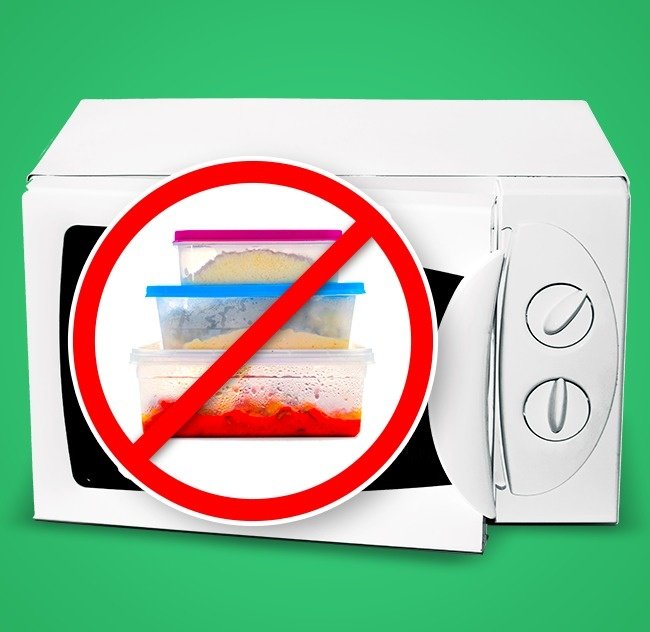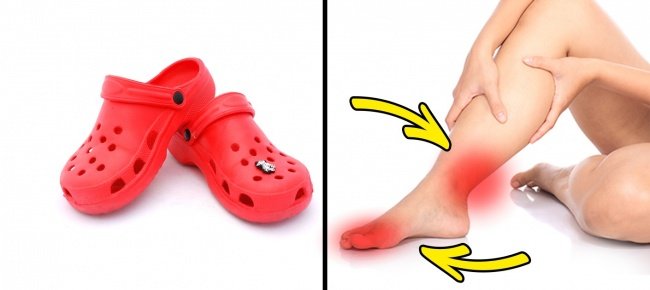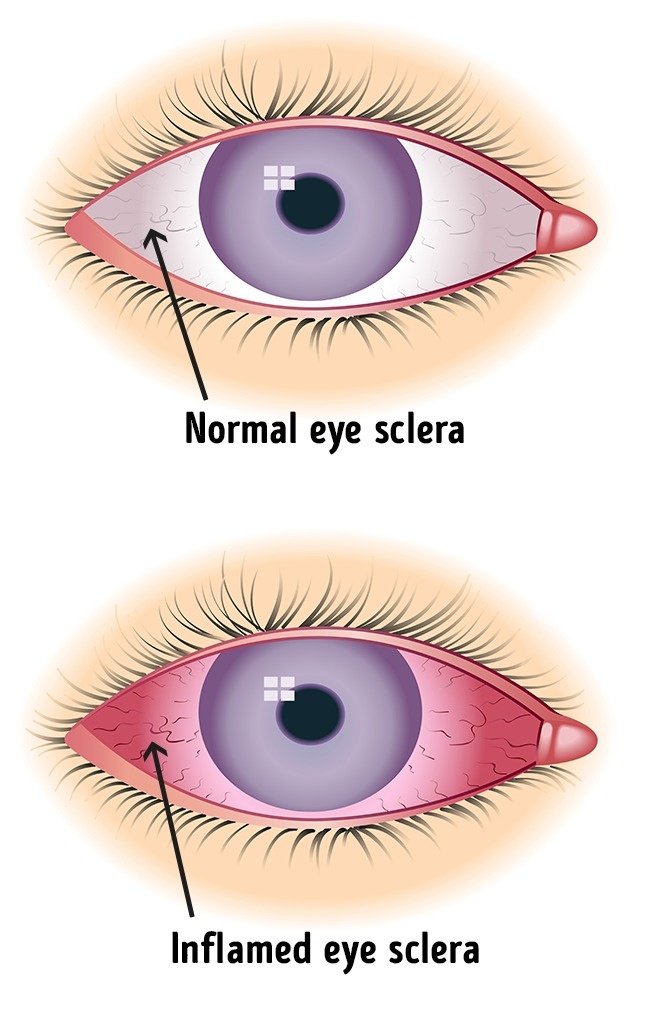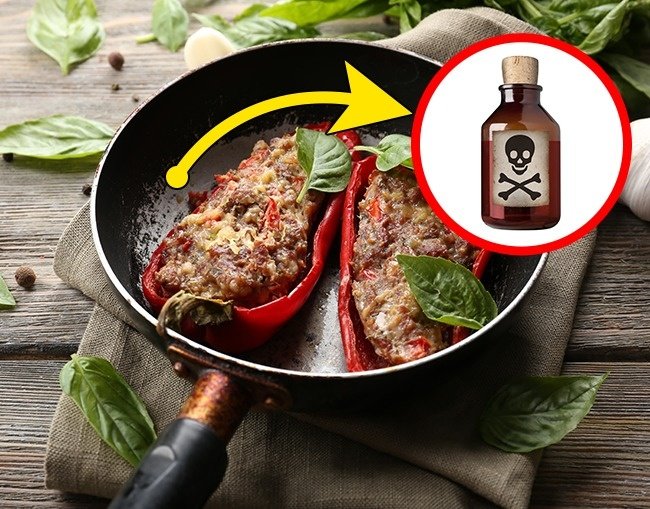Very often companies use targeted methods of influence to make us buy things we don’t need. However, some of them may not only be unnecessary but also quite dangerous for our health.
MUMY BEAR made a list of things most of us have at home. We rarely think about their quality, but the harm they cause has been proved by different researchers. Should we continue using them at all?
5. Plastic food containers

It’s not the plastic itself that harms us but the chemical components that manufacturers use to make the containers solid. Often washing, heating, and contact with food components make the situation worse. The plastic becomes very toxic and dangerous. Do not use plastic food containers for more than 5 months, and make sure you avoid using them in the microwave.
4. Crocs

Millions of people love wearing this simple pair of shoes every day, but Crocs do not provide a very necessary stability for the heel. An unfixed heel can lead to many different problems, such as toe deformities, the formation of calluses, and foot pain. Another reason to wear something more comfortable is the fact that the shank (the part of the shoe which provides support between the toes and the heel) becomes very soft after prolonged usage. It’s crucial for any footwear to have a very solid shank so that you don’t feel any discomfort while walking.

Pay close attention to the ingredients of mascara when you buy a new one. Some of the components, like parabens, aluminum powder, and propylene glycol, may be very dangerous for the health of your eyes. Avoid using your friend’s mascara because it can cause the formation of bacteria and fungi and lead to the growth of an infection.
2. Nonstick cookware

The perfluorinated chemicals used to create the nonstick cover on your frying pan are not so dangerous by themselves. However, when the temperature exceeds 230ºC, the frying surface extracts a certain amount of the volatile substances. Danish researchers found that the presence of these poisonous chemicals in human blood can lead to the formation of cancer cells.
1. Antibacterial soap

The law regulated the amount of triclosan, the antiseptic used in antibacterial soap, to 0.1-0.3%. However, the harm is so much bigger: triclosan weakens the immune system and makes our body resist the absorption of antibiotics. It also can cause a hormonal imbalance and muscular dystrophy. In fact, antibacterial soap is no more than a marketing trick. Research shows that any bacteria can be washed off your hands with a simple soap.
